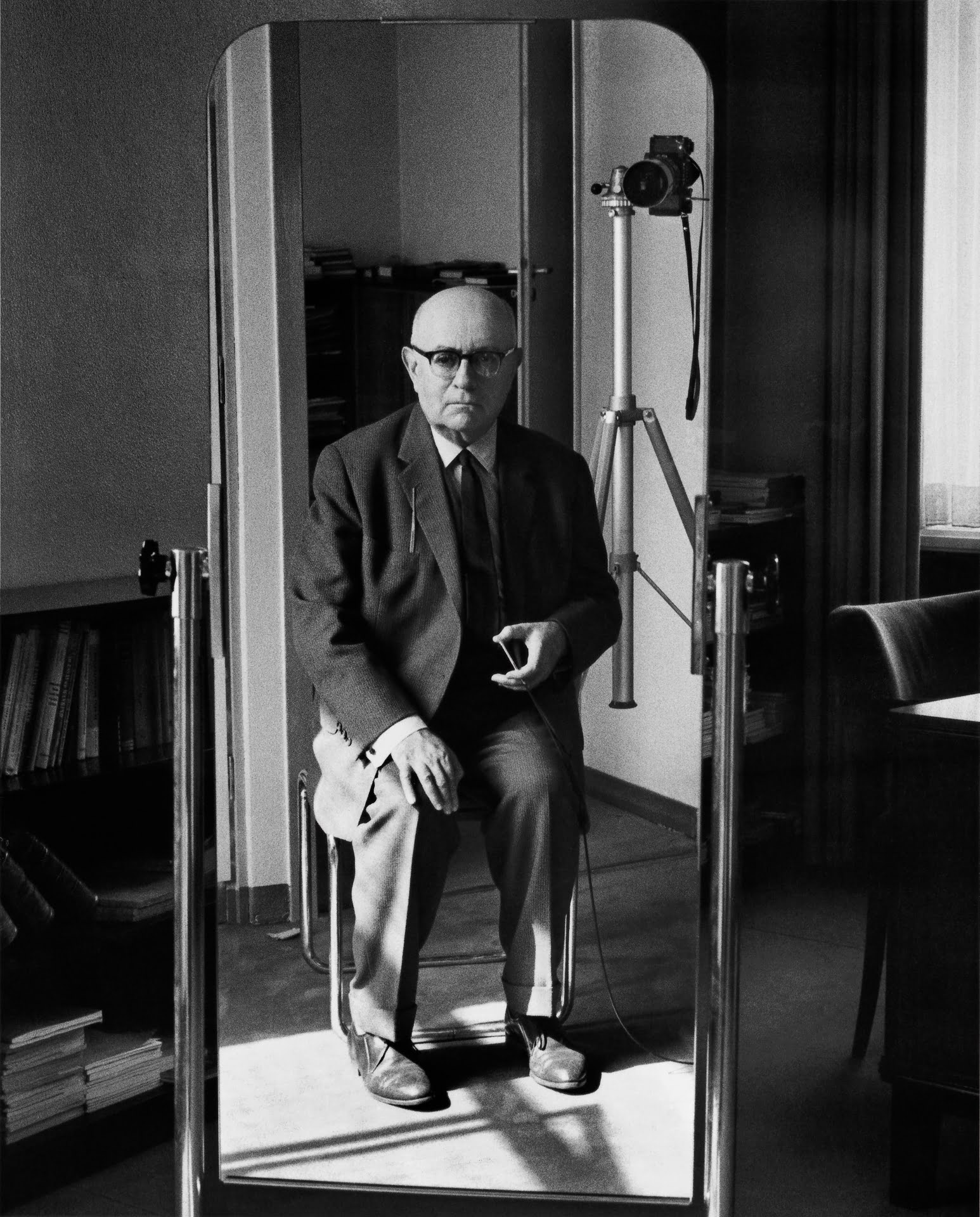
© Stadtmuseum München, archiv stefan moses


Philosopher and sociologist (1903–1969)

“Every intellectual in emigration is, without exception, mutilated . . . His language has been expropriated, and the historical dimension that nourished his knowledge, sapped,” Adorno wrote in American exile. In Germany an instructor of philosophy, sociology, and music theory, he met the most important and innovative minds of his period. But he was already denied the right to teach in 1933 because of his Jewish background. He initially went to England for a few years without finally giving up his home in Germany, until ultimately emigrating in 1938 to the United States. At the Frankfurt Institute for Social Research, which its director Max Horkheimer had already moved to New York in 1934, Adorno found renewed work. Exile was for him a highly productive period, during which he wrote The Dialectic of Enlightenment, the main work of Critical Theory, together with Max Horkheimer. In 1953, he returned to Germany to teach at the University of Frankfurt. The 1968 generation was fascinated by Critical Theory. But while Adorno sympathized with many of the students’ demands, he did not agree with their methods, so their relationship remained a fraught one. The works of Adorno and the Frankfurt School are now part of the canon of sociology and philosophy, and highly relevant in light of the increasing strength of the right wing in Europe.